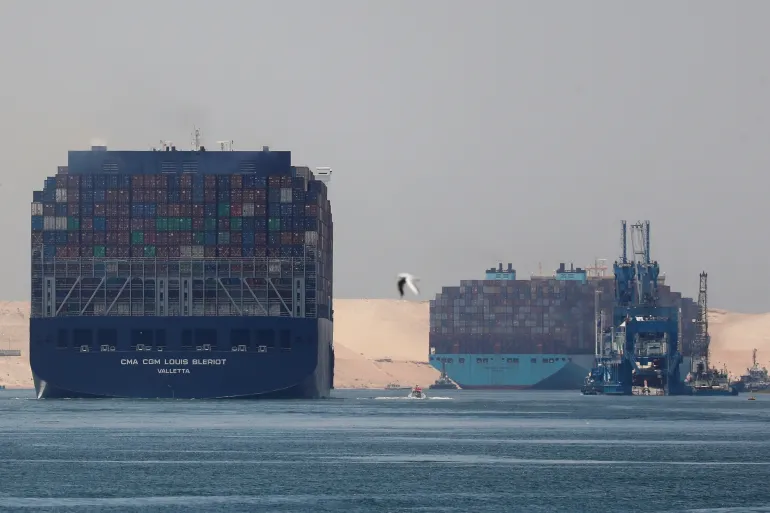
02 Apr Potential Port Strike Prompts Cargo Rerouting Concerns
Amidst looming uncertainties at the Port of Montreal, concerns rise over potential disruptions due to a possible worker strike. A few companies recently announced a preemptive rerouting of cargo away from Montreal’s port, opting for Halifax instead. This decision sparks apprehension within the industry, hinting at a potential domino effect where other companies might follow suit.
The Canada Industrial Relations Board recently dismissed a request from Montreal port employers to mandate workers during a strike, opening the door to a potential job action or lockout. The freeze on negotiations ended with the board’s decision on March 14, leading to heightened tensions between labor and management.
The Maritime Employers Association lodged a complaint with the labor board, accusing the union of adopting a “bad faith” stance by refusing to resume negotiations. This impasse, exacerbated by the expiration of the collective agreement on December 31, underscores the challenges in reaching a resolution.The potential strike’s ripple effects extend beyond labor-management relations to impact businesses and the broader economy. Employers express worries over declining freight volumes and revenue, compounded by the uncertainty surrounding labor disruptions.
Should a strike occur, it could prompt a significant shift in cargo routes, affecting not only the Port of Montreal but also businesses reliant on timely transportation of goods. Large retailers, in particular, brace for potential disruptions and explore alternative routes to maintain supply chains. The situation at the Port of Montreal reflects broader labor tensions within Canada’s maritime supply chain and transportation sector. Similar concerns loom in the railway industry, where negotiations between railways and unions continue amidst the threat of work stoppages.

